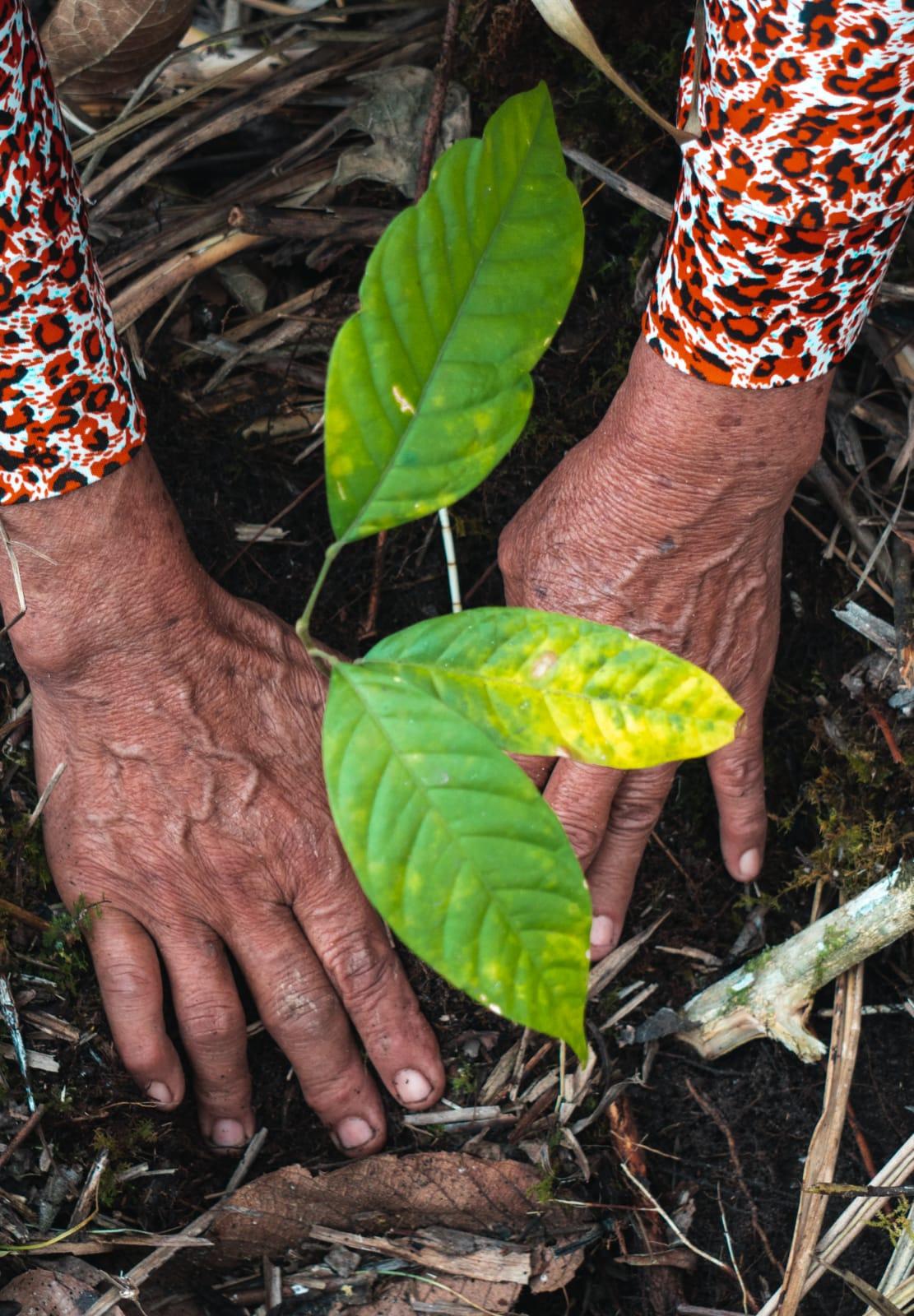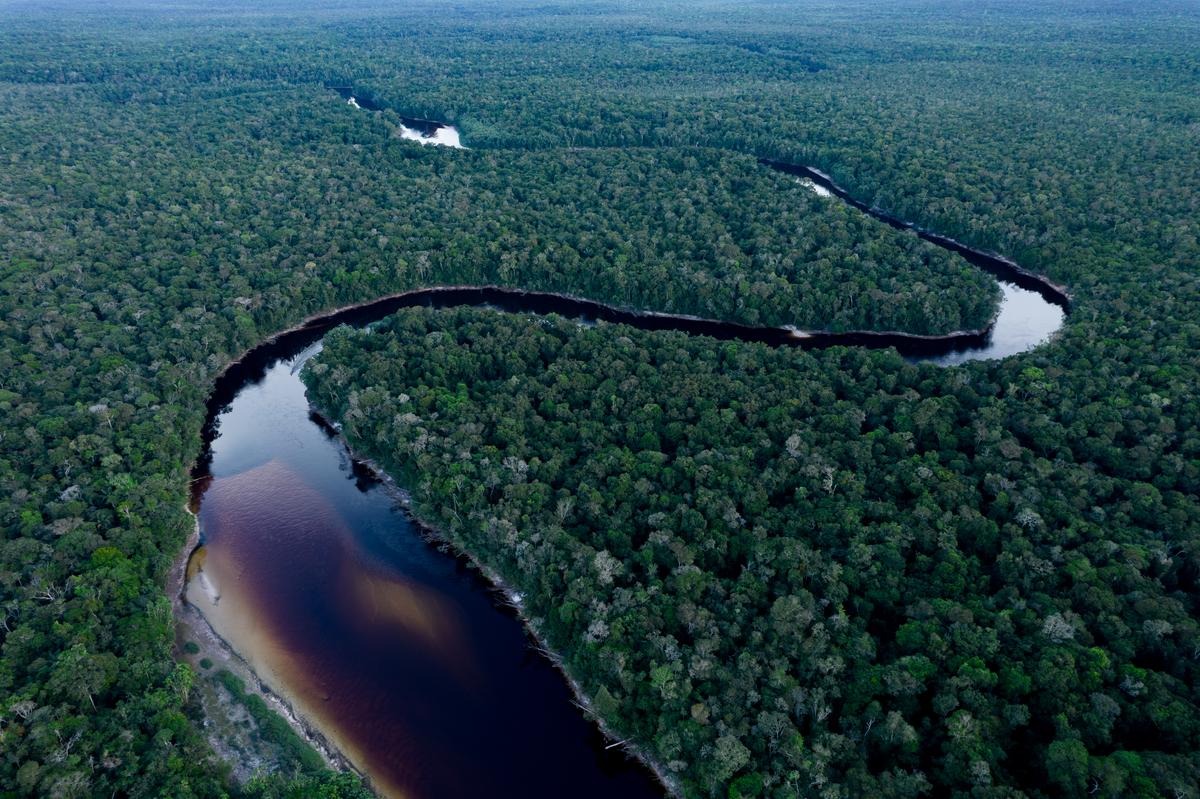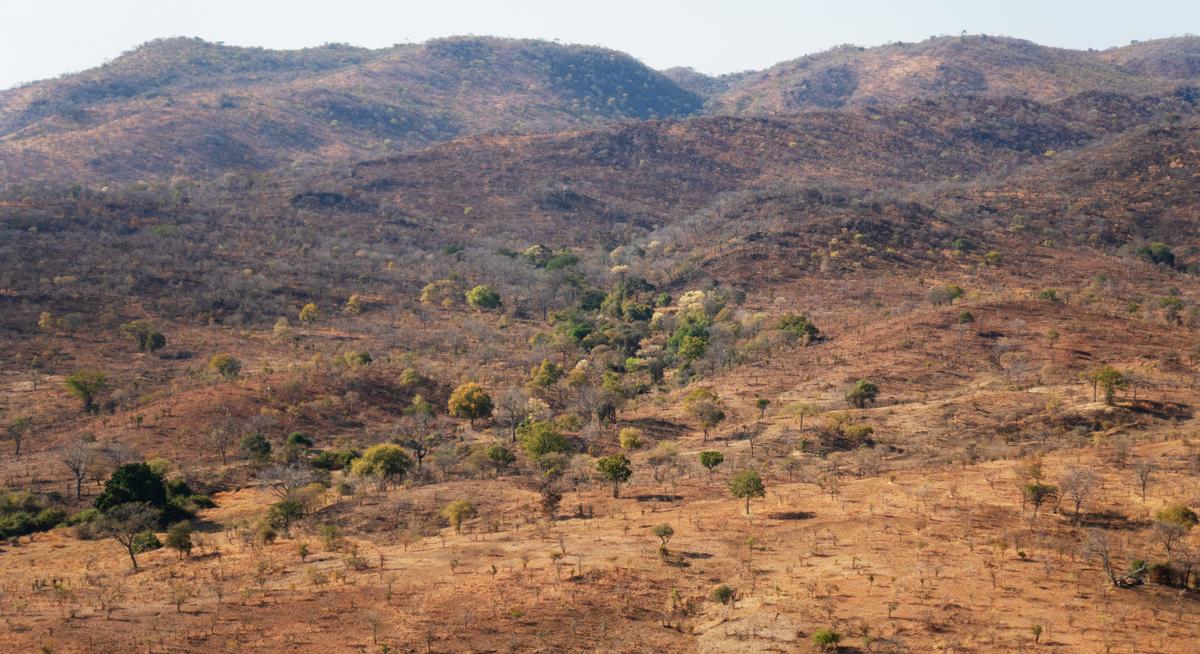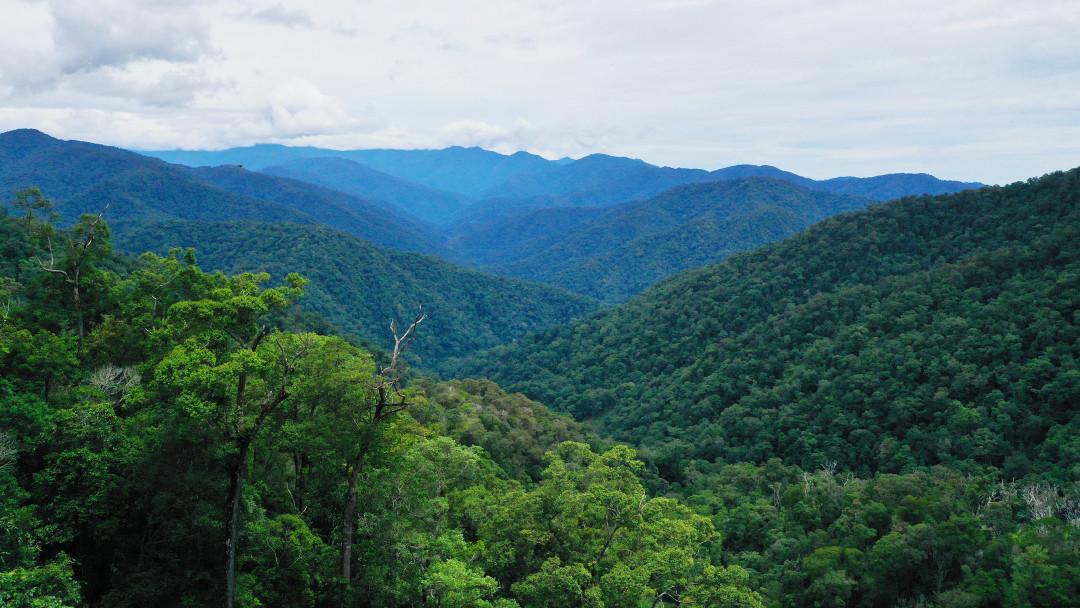Forests and Landscapes Fund
Invest in forest restoration and drive impactful change by supporting local, award-winning organizations dedicated to protecting our planet

Conserving our planet's forests and landscapes
Each year, we lose forests and landscapes at an alarming rate, equivalent to the area of Iceland, threatening our planet's ecological balance and accelerating climate change. This deforestation drives species to extinction and disrupts vital ecosystems. Forests, which absorb 30% of global carbon emissions and support 80% of the world's biodiversity, are essential to our environment. We offer a powerful solution by supporting both large and small organizations committed to reforesting degraded areas and landscapes, from rainforests to mountain ranges, upheld by three distinct pillars:
Plant trees and restore forests
Protect and restore open landscapes
Stop deforestation and overexploitation




Forests and Landscapes Fund pillars
The Forests and Landscapes Fund brings together a diverse range of projects, each tackling unique challenges and themes. Centered around three core pillars, the fund’s framework is designed to drive impact across key areas.
Plant trees and restore forests

Our forests and woodlands are decreasing in size with great biodiversity loss as a serious consequence. Forests provide a wide range of ecosystem services like filter and buffer the water, control floods, and soil erosion, store carbon, and clean the air. Forests also provide food and materials for human survival and they are home to a countless number of species. Our forests also play an important part in recreation and cultural enrichment. Milkywire supports organizations working to protect and restore forests and to enhance or reintroduce native species of trees and plants in order to create a natural and sustainable restoration.
Protect and restore open landscapes

Open landscapes include ecosystems like grasslands, savannah, wetlands, and mountains. These areas are of great importance and have a vital role for humans and wildlife. Our open landscapes maintain biodiversity, mitigate droughts and floods, capture carbon, and contribute to climate stability. Milkywire supports organizations working to protect and restore our open landscapes. Through the important work, these ecosystems are sustainably protected and restored and vital habitats are saved.
Stop deforestation and overexploitation

Globally we deforest around 10 million hectares per year, roughly the size of Portugal, and most of this deforestation occurs in the tropics. This has severe effects for our climate, biodiversity and forest-dependent communities. The overexploitation and unsustainable use needs to be urgently addressed to protect our forests. Milkywire supports organizations that fight to stop deforestation and overexploitation of forests to secure local livelihoods and wildlife habitats.

Plant trees and restore forests
Argentina + 4 countries
Acción Andina is leading a large-scale reforestation and conservation initiative to restore one million hectares of high-altitude Polylepis forests across the Andes. These forests are critical for regulating water cycles, preventing soil erosion, and maintaining biodiversity. The project focuses on conserving 500,000 hectares and restoring an equal area while promoting community-led natural resource management.

Protect and restore open landscapes
Rwanda
RWCA is working to enhance the ecological health of Rugezi Marsh through community-led conservation and restoration efforts. The project focuses on habitat protection, sustainable land management, and the development of alternative livelihoods for local communities. By integrating nature-based solutions, RWCA is improving biodiversity while strengthening climate resilience in Rwanda.
Key drivers of quality
We collaborate with a broad network of experts and maintain a robust portfolio management system to ensure high quality and scientific rigor. This portfolio is overseen by one main portfolio manager.
Ready to talk impact?
Let’s have a conversation about how we can support you in fulfilling your climate and nature commitments.
Join our newsletter to learn about the progress of our portfolios, expert insights, updates from our platform, and more.